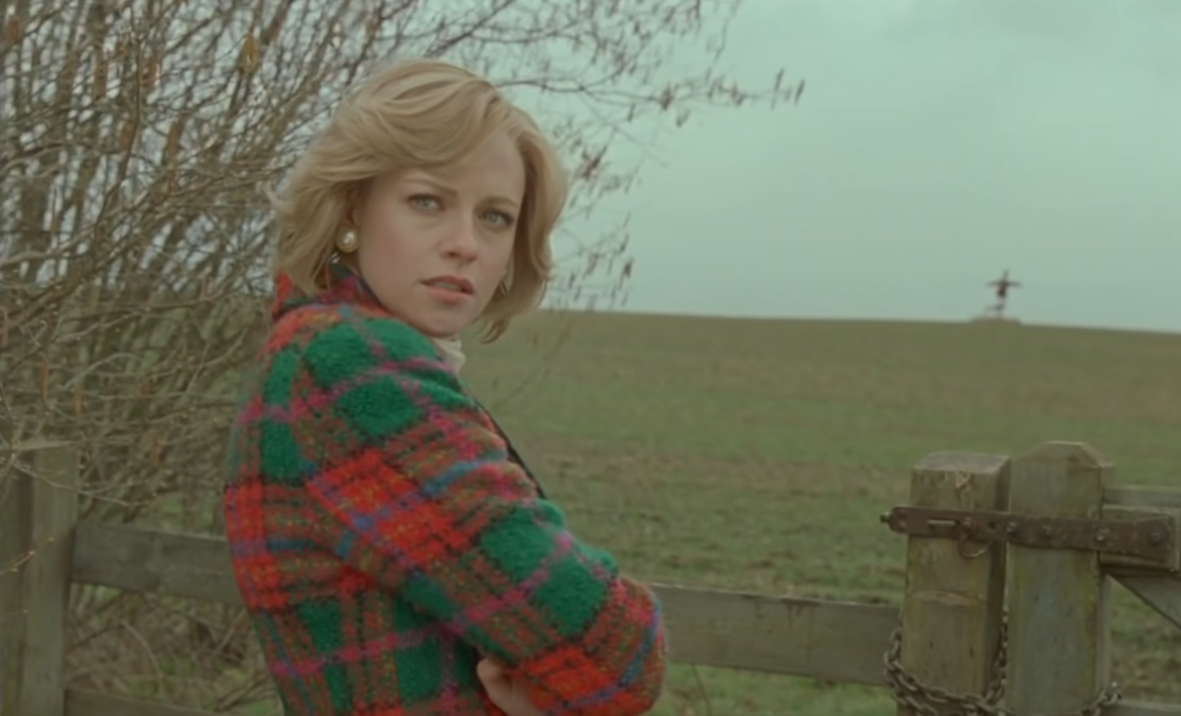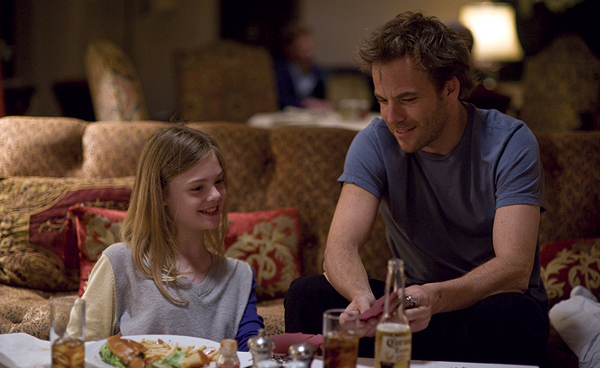Ever since Nicolas Cage’s shopping spree-induced conflict with the Internal Revenue Service in 2009, the once-renowned star of films like Moonstruck and Rumble Fish has pivoted his career towards midnight flicks and direct-to-VOD duds such as Color Out of Space and Jiu Jitsu—a film where Cage trains a Burmese village in the art of jiu-jitsu to defend Earth against alien invaders. Although most of these titles are nothing more than your standard special-operations thriller/tax-writeoff, once in a blue moon, Cage will deliver a standout performance in an excellent film, displaying to the world that his acting chops are just as sharp as ever.
His newest film, Pig, is one of those rare gems. The dramatic thriller—which is set and filmed in Portland, Oregon—chronicles a truffle farmer, Rob Feld (played by Cage), whose prize truffle-hunting pig is kidnapped by a group of delinquents. He, alongside his business partner Amir, played by Alex Wolff of Hereditary fame, venture into downtown Portland in search of revenge, answers and one very talented hog.
When Pig first made its advertising rounds a few months back, it was seemingly pushed as a John Wick-esque thriller starring Cage as a familiarly bitter old man seeking violent restitution for the theft of his beloved swine. In reality, it’s anything but that. The neon colors are swapped out with a muted palette of grays and blues, with the cloudy and rainy weather of Portland’s autumns perforating the screen as the summer greenery of this city bleeds and washes out into the gutters. Pig is a solemn film—it does not relish in vengeance, choosing instead to slowly reveal more of itself as it peels back each of its layers like an onion.
Despite its narrative being built around a revenge story, Pig and its director Michael Sarnoski understand that revenge is not a dish best served cold. It’s a dish best served calmly, as people talk and converse and work things out like rational people. There’s no real twist to Pig, no “gotcha” moment, no zingers nor surprises. It relishes in the quiet moments and dives into existentialism frequently. Rob is a silent but thoughtful character who glides through vignettes depicting the simple things in life—sitting on a porch teaching a boy about persimmon trees, discussing salted baguettes with an old baker friend or waxing poetic about the inevitable “Big One” earthquake that will sink much of the West Coast.
It’s that last part that firmly roots Pig in its Pacific Northwest identity. It’s more than just a film that takes place in Portland; it embodies the city’s sense of culture and identity at each level of filmmaking. Conversations with a restaurateur and a chef reveal Rob’s disdain for the cultural gentrification of Portland that has ensued over the decades, and the film’s use of washed-out locales only enriches these themes. Restaurants are colored with starch-white curtains and furniture, and, with Cage retaining his bloodied makeup and forager garb throughout the entire film, his position in these settings feels more and more alien as the film progresses. He is not of this place, and Sarnoski’s direction makes this apparent.
Amidst this tale of existentialism and melancholy, Cage himself delivers a tour-de-force performance. Gone is the guttural physicality of his more recent performances, like that in Mandy, as he shifts into a brooding role. His face speaks a thousand words like a landscape of its own as he murmurs and mumbles solipsisms during moments of respite and contemplation. Every word he speaks is valuable, with even his silence filling the void.
Pig is not a slow film by any means, but it knows how to take its time. It stops to smell the roses and look at the sights, appreciating the little things that surround us. Even in the face of inevitability, it understands that the small things are what makes life beautiful, whether that’s a good meal that roots itself in your memory for the rest of your life or a day in the woods staring out at the river. It’s rare to see a film that understands the importance of food and the culinary arts in our lives, and Sarnoski wastes no time getting you to appreciate these moments for their simplicity and beauty. Pig is a peaceful, calm and quiet film that must be experienced for yourself, and will most certainly be remembered as one of Portland’s local treasures.






